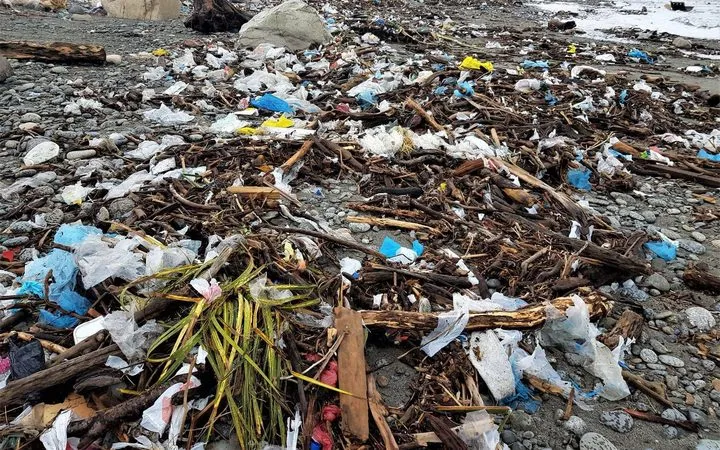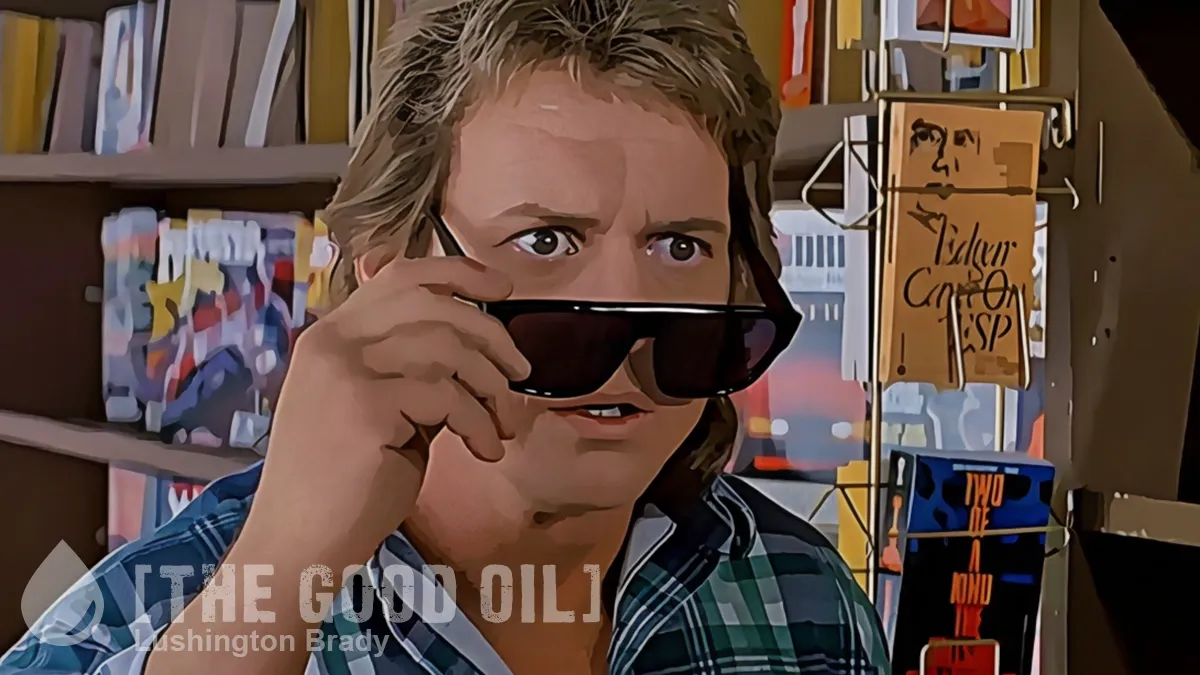Table of Contents
Last year I wrote a couple of posts about more plastic banning by our PM and what a futile exercise it really is when there are practical solutions available.
A little bit of thinking (which is not at the forefront of the skill set possessed by our PM or her colleagues), plus some planning, might have offered some really beneficial solutions that would take us far beyond virtue signalling and do some actual good for New Zealand and the planet.
The fact is that for every single-use plastic bag we don’t use, there are literally millions of other environmentally unfriendly items made from plastic and other compounds that we are unlikely to be able to do without in the foreseeable future. Perhaps the PM might like to pop in and visit the guys at Ngai Tahu Fisheries (and indeed all the other fishery companies in New Zealand) and see just how much plastic bagging and wrapping is used in their industry. She can deliver them a captain’s call too!
It’s a sound philosophy to not dump in one’s own nest but, where there is civilization, there is always going to be waste and Jacinda can’t ban it out of existence. We need to find workable and affordable solutions.
The technology is already available in waste to energy plants and the like, but they come at a cost. Recycling is a potential partial solution but fraught with peripheral issues. There’s little point recycling unless you have a use and a market for the recycled materials and, at present, there are so many different types of plastic and other recyclables that sorting becomes costly in itself.
In banning single-use plastic bags, the government closed down a simple and potentially highly effective pathway to effective waste management, which would have included disposal of those very bags as well.
Last year, when Countdown themselves were busily virtue signalling, they announced they provided some 29 million bags a month. That got me thinking. On my visits to Europe, I’ve always been asked at supermarket checkouts if I want bags for my groceries at a cost of 20 Euro cents each. Pretty much everybody took at least one and everybody willingly paid for them.
The bags cost around half a cent each, so let’s imagine for a moment that in the best interests of our environment, a government puts up a proposal that encompasses a nationwide waste management scheme, funded by a 20 cent charge on single-use bags.
You can still take your own bags if you want to or you can re-use your “single use” bags but new ones cost 20 cents and the government collects 19 cents as a waste levy (yes – tax).
I’m not much good at maths but three chains using some 29 million bags a month each, would raise somewhere in the order of 198 million dollars a year. Even with customer resistance of say 25% you’d have 150 million dollars p/a (or one billion five hundred million over ten years), to fund two waste to energy plants, one in the North and one in the South Island, and you’d have some to spare.
The whole country’s rubbish could be shipped to the two centrally located plants and container loads of waste from anywhere in the world could be disposed of for a fee, adding to cash flow.
At the same time, the recycling part of the plan would need to be developed and might include standardisation of packaging products used in this country to make sorting and handling easier, along with fast-tracking of resource consents and other red tape so entrepreneurial businesses that will make use of the recycled materials can get on with the job.
I can’t help feeling that most sensible kiwis would be starters, for cooperating on a sensible, well thought out plan for the future even if it comes at a 20 cent per bag cost, rather than the current single issue, gratuitous, virtue signalling and ineffective dabbling which really inspires only resistance and derision.
Oh, did I remember to mention the benefit of the waste to energy that would be generated and sold?
If you enjoyed this BFD article please consider sharing it with your friends.









